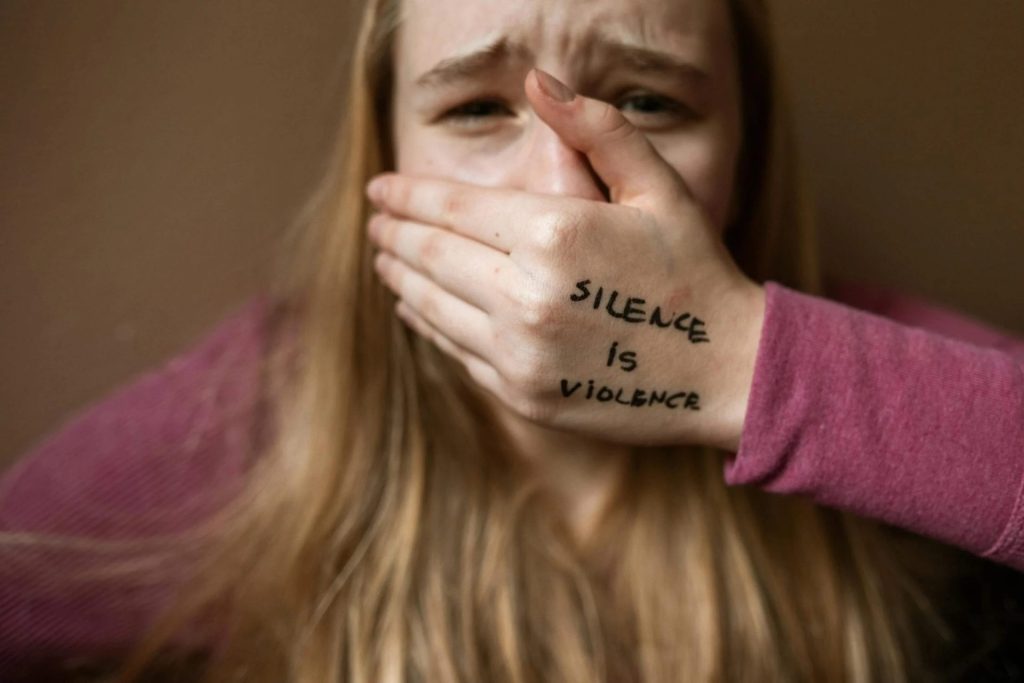Relationships can be beautiful, offering companionship, support, and love. However, not all relationships are healthy, and identifying warning signs is crucial for your well-being.
Ignoring red flags in a relationship can lead to emotional distress, loss of self-esteem, and even physical harm. This guide will walk you through 17 red flags you should never ignore in a relationship, helping you to recognize the signs early and take the necessary steps to protect yourself.
1. Disrespect Your Boundaries

A partner who disregards your boundaries is exhibiting a red flag. Boundaries are essential for maintaining autonomy and mutual respect in a relationship.
When your partner oversteps them, it shows a lack of care for your needs and consent. Don’t ignore or make excuses for this behavior, as it often escalates over time.
2. Attempt to Control You

Be cautious of a partner who tries to control your actions, choices, or who you spend time with. Attempting to limit your freedom by dictating what you can or cannot do is a form of abuse. A healthy partner should support your independence and trust you to make decisions without judgment.
3. Belittle Your Accomplishments

A loving partner should be your biggest cheerleader, not someone who diminishes your achievements or hard work. If they frequently put down your successes or insult your efforts, even casually, it’s unacceptable behavior. You deserve to feel valued, supported, and celebrated by your significant other.
4. Display Intense Jealousy

Some jealousy can be normal, but excessive jealousy rooted in insecurity is extremely unhealthy. If your partner regularly accuses you of flirting or cheating without reason, it shows deep trust issues and a desire to control your interactions. Unfounded, intense jealousy can quickly turn toxic.
5. Pressure for Commitment

Relationships need time to develop at their own pace based on the comfort levels of both people involved. If your partner pressures you for commitments you’re not ready for, like moving in together or marriage, it’s a red flag. A caring partner will respect your boundaries and not coerce you.
6. Exhibit Abusive Behavior

Any form of abuse, whether emotional, verbal, physical, sexual, or financial, is unacceptable in a relationship under any circumstances.
These behaviors are extremely serious red flags that indicate your partner has significant personal issues they need to address before a healthy relationship can occur. Your safety should always come first.
7. Lean on Manipulation

Manipulation tactics like guilt-tripping, threats, lies, or silent treatment are major red flags. These behaviors undermine trust and make you feel insecure in the relationship. A healthy partner communicates openly and does not try to control or punish you emotionally when disagreeing.
8. Blame Their Behavior

If your partner constantly makes excuses for their unacceptable words or actions by blaming others, outside circumstances, or substances like alcohol, it absolves them of responsibility.
A mature partner should be able to take accountability for their behavior and make an effort to change harmful patterns. If your partner is constantly passing the blame onto others, it may be a sign of a lack of maturity and emotional intelligence.
9. Display Double Standards

When one partner holds the other to different, unfair expectations than they hold themselves to, it indicates a concerning lack of equality and respect in the relationship.
These double standards breed resentment and tensions over time if they continue unchecked. Recognizing and addressing them is important to maintain a healthy and harmonious relationship.
10. Lack of Financial Responsibility

While financial habits don’t have to be identical, vastly different attitudes toward spending and budgeting can drive a major wedge between partners. If your partner is unwilling to be financially responsible or squanders money despite your concerns, it’s an issue that needs resolution.
11. Refuse to Compromise

Finding compromises when you disagree is essential for maintaining any healthy long-term relationship. If your partner frequently dismisses your perspectives or needs without flexibility, it sets you up for repetitive, unresolved conflicts in the future. However, there are times when refusing to compromise is necessary for your well-being and values.
12. Isolate You from Others

A partner who tries to separate you from your friends and family or demands to know your whereabouts at all times is exhibiting isolating, controlling behavior.
Good partners understand the importance of maintaining your independence and support system outside the relationship. They also trust you enough, not constantly, to monitor your every move.
13. Lack of Effort Over Time

In the beginning phases of a relationship, partners often go out of their way to express affection and attentiveness. However, if, over time, your partner completely stops making an effort without explanation, it can signify someone who has lost interest and checked out emotionally. Occasional lulls are normal, but a complete lack of effort is concerning.
14. Break Trust Repeatedly

While everyone makes mistakes, if your partner demonstrates a pattern of breaking your trust through repeated lies or infidelity, the violations could become unforgivable and irreparable.
Trust is the foundation of any healthy relationship, so frequent breaches must be taken seriously. It’s important to address the issue and communicate your feelings with your partner, but ultimately, it is up to you to decide if you are willing to continue trusting them.
15. Display a Short Temper

If your partner struggles with managing their anger or frequently flies into an uncontrolled rage, it creates an unhealthy and volatile environment that could potentially turn emotionally or physically abusive.
Raging outbursts of anger are never acceptable in a relationship. Addressing this issue as soon as possible and finding healthy ways to communicate and manage emotions is essential.
16. Minimize Your Emotions

It’s dismissive and unsupportive behavior when your partner consistently invalidates, jokes about, or mocks how you feel, especially during distress. Caring partners should try to show empathy and compassion, not belittle your feelings as unimportant or irrational.
However, it’s important to remember that in any relationship, both partners will have different emotional needs and reactions.
17. Refuse to Change Hurtful Behavior

Despite your efforts to communicate healthily how their words or actions negatively impact you, it’s a major obstacle if your partner remains unwilling to adjust their hurtful behavior patterns. Self-improvement and a willingness to grow are essential. Any couple needs these qualities to overcome challenges together.
Final Thoughts
Relationships require a lot of work, and no one is perfect. However, certain behaviors can be detrimental to the health and longevity of a relationship. It is important to recognize and address these red flags with your partner before they escalate into more significant issues.
The Types Of Women Who May Be Tough To Date

13 Types Of Women Who May Be Tough To Date